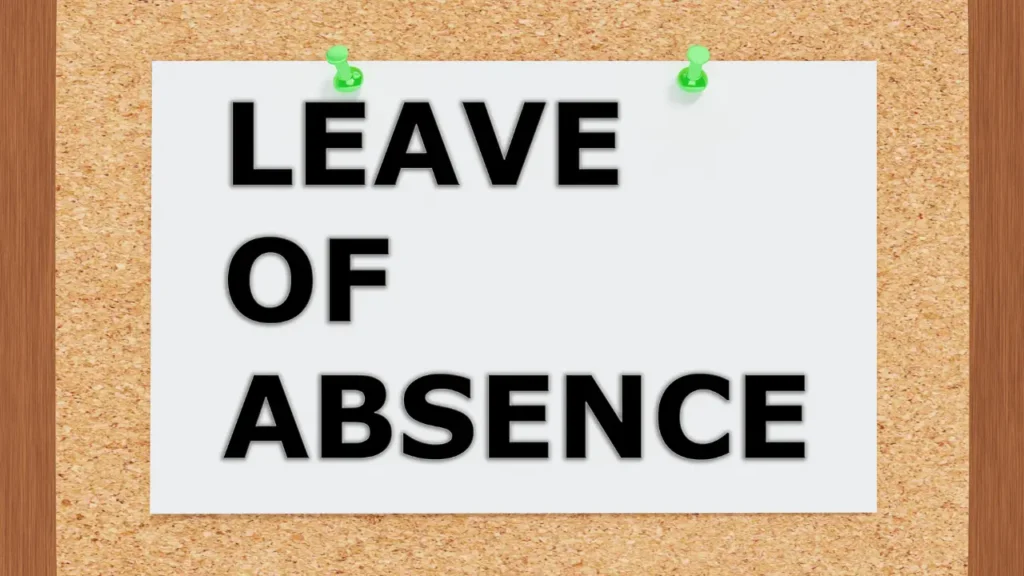Table of Contents
ToggleOverview of Sexual Harassment at the workplace:
Sexual harassment in the workplace is a form of discrimination that occurs when an employee is subject to unwanted sexual advances, comments, or actions from coworkers or superiors. This can include physical touching, requests for sexual favors, suggestive gestures or remarks, and other verbal or physical conduct of a sexual nature.
Sexual harassment is illegal and can have severe consequences for the victim, including a hostile work environment, stress, and lost job opportunities. It can also harm the reputation and productivity of the company. Employers are responsible for maintaining a safe and respectful work environment and addressing any reports of sexual harassment.
Victims of sexual harassment have the right to file a complaint with their employer or the Equal Employment Opportunity Commission (EEOC) in the United States. It’s essential for individuals to speak out against harassment and for employers to take action to prevent it from occurring in the workplace.
Examples of sexual harassment in the workplace can include:
- Unwanted physical touching or advances, such as hugs, kisses, or massages.
- Verbal harassment, such as comments about someone’s body, sexual propositions, or suggestive jokes.
- Nonverbal harassment, such as leering or staring at someone in a suggestive manner.
- Sending sexually explicit materials, such as emails, texts, or photos.
- Quid pro quo harassment, where a superior demands sexual favors in exchange for job benefits or threats of retaliation if the request is not fulfilled.
- Creating a hostile work environment by consistently making sexual comments or gestures.
- Sexual assault or rape in the workplace.
It’s important to note that sexual harassment can occur between individuals of any gender, and can be committed by both supervisors and coworkers. It’s also important to understand that not all instances of sexual harassment are overt or physical in nature, and can instead take the form of subtler behaviors such as spreading rumors or making disrespectful comments.
What you should do?
If you experience or witness sexual harassment in the workplace, it’s important to take action to address the situation. Here are some steps you can take:
- Document the behavior: Keep a record of any instances of harassment, including what was said or done, the date and time, and the names of any witnesses.
- Report the behavior: If the harassment is happening to you, consider reporting it to your supervisor or human resources department. If you witness someone else being harassed, you can also report it.
- Know your rights: Familiarize yourself with your company’s sexual harassment policy and the laws that protect you, such as the Equal Employment Opportunity Commission (EEOC) in the United States.
- Seek support: Talk to someone you trust about the situation, such as a friend, family member, or therapist. They can offer emotional support and help you through the process.
- Consider legal action: If the harassment continues despite reporting it to your employer, you may want to consider filing a complaint with the EEOC or seeking legal counsel.
It’s important to take action against sexual harassment in the workplace to ensure a safe and respectful environment for all employees. Remember that you are not alone and there are resources available to help you.
You may want to contact an attorney if:
- Your employer is not taking appropriate action: If you have reported the harassment to your employer and they have not taken appropriate action to address the situation, an attorney can help you understand your legal options.
- The harassment has resulted in negative consequences: If the harassment has resulted in lost job opportunities, decreased job performance, or other negative consequences, an attorney can help you seek compensation.
- You are considering legal action: If you are considering filing a complaint with the Equal Employment Opportunity Commission (EEOC) or taking your employer to court, an attorney can advise you on your rights and help you through the process.
- You need assistance navigating the legal process: An attorney can provide guidance and representation as you navigate the legal process, and can help you understand the law and your rights.
It’s important to act quickly if you are considering legal action, as there may be deadlines for filing complaints or lawsuits. Contacting an attorney early in the process can ensure that you receive the best possible outcome.
In conclusion, if you have experienced or witnessed sexual harassment in the workplace, it’s important to take action to address the situation. If you need legal assistance, consider contacting Jonny Law. Our experienced attorneys can provide guidance and representation as you navigate the legal process and fight for your rights. We are dedicated to helping individuals who have experienced sexual harassment in the workplace and are committed to achieving positive outcomes for our clients. To learn more about our services or to schedule a consultation, please don’t hesitate to contact Jonny Law.














